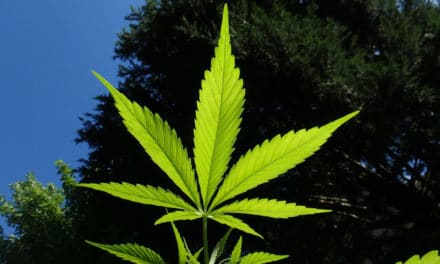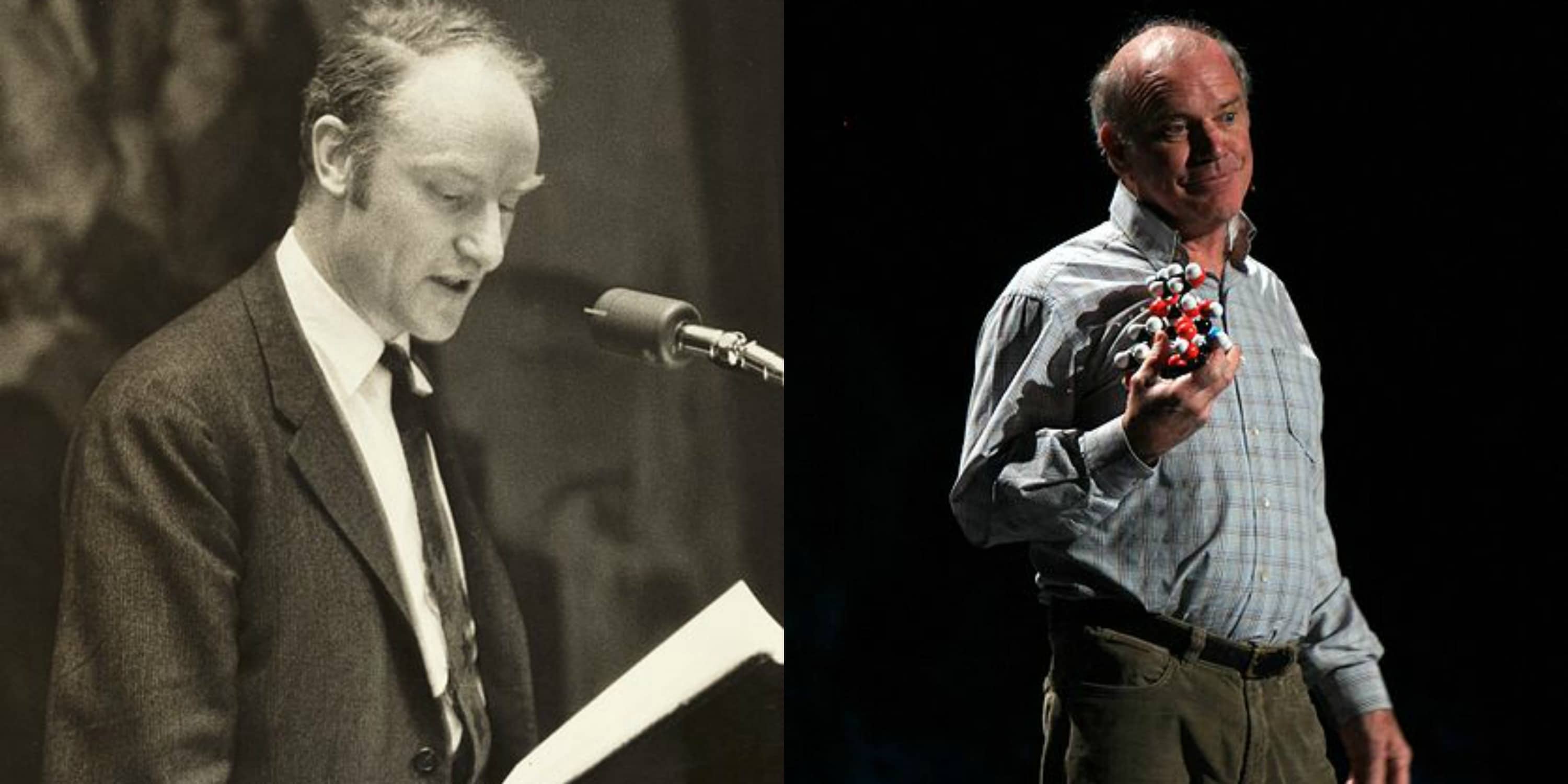
The dangers of psychedelics are often overstated, but these powerful mind-expanding substances can present problems if approached recklessly. | Image Source: Dirk van der Made via Wikimedia Commons
Psychedelics have an incredible amount to offer humanity and have been in use for millennia by cultures around the globe for exactly that reason. Like every powerful medicine, however, these mind-expanding plants and chemicals should never be taken lightly, used recklessly, or approached without research and great care. Both the immense healing power and potential dangers of psychedelics should never be underestimated, but as we will see (and contrary to many people’s misconceptions) the dangers often have nothing to do with the psychedelics themselves.
Imposter Drugs
Probably the biggest danger for someone taking psychedelics in a non-medical setting is being told something is a certain substance such as “Molly,” “Ecstasy” or “Acid” when in fact it’s something entirely different. Unfortunately, this is an increasingly prevalent issue, as unscrupulous street dealers have been known to try to follow trends by marketing their product under a popular name while mixing in cheaper chemicals that offer a better “bang for their buck” compared to psychedelics in their pure form. Non-psychedelic substances that are cut into or sold as psychedelics include heroin, methamphetamines, and even bath salts. This disturbing trend illustrates the deadly consequences that the paradigm of prohibition poses and highlights the vital importance of harm reduction practices.
Considerations for Undiagnosed Mental Disorders
One of the most prevalent old wives’ tales about psychedelics is that taking them may make you go crazy—not just for a few hours but for good. As part of the fear and smear campaign levied against psychedelics in the 70s and 80s, this meme was easy for most people to believe because of the antagonistic socio-political climate the War on Drugs created, but the reality is that this is a fallacy. Numerous scientific studies have been done on psychedelics ranging from psilocybin to DMT to peyote, which have found that they do not harm the brain under normal use. The only morsel of validity to this claim is that in a tiny percentage of cases, some people who have undiagnosed mental disorders or a strong genetic predisposition to mental disorders could have their disorder triggered early by psychedelics. And of course, it bears mentioning that extreme dosages of any substance, legal or illegal, can present real dangers that reasonable use does not.
Harmful Interactions
While most psychedelics are relatively safe in and of themselves, some of them are more taxing on the body than others, and some interact in harmful ways with other drugs. This is why psychedelic treatment centers around the world almost universally require a medical pre-screening. Individuals should always do research themselves, but some examples of things to be careful of include heart issues with ibogaine treatment, antidepressants with ayahuasca, and dextromethorphan (DXM) with MDMA. People on any kind of prescription medication should do extensive research before considering any kind of psychedelic experience.
How to Ensure Psychedelics Do More Good Than Harm
“Bad trips” on psychedelics can often leave people feeling jostled to the core, but they can be greatly reduced or even harnessed into self-transformational breakthroughs with proper set and setting. This means that a person’s intentions for choosing to undergo a psychedelic experience, combined with their social and physical setting and available support network, go a very long way to help people step through the threshold of their psychedelic journey in a constructive and enriching way.
That being said, if these vital supporting conditions are unfavorable, or if a person is not prepared to come face to face with their innermost feelings, traumas, or behavioral patterns, they can feel overwhelmed and resist the experience, creating an uncomfortable and sometimes scary ride that denies the revelatory insights that psychedelics offer. The importance of set, setting, and support is why groups such as the Zendo Project exist to provide those kinds of services to people at festivals who are in the grips of a challenging experience. Whether at a festival or during a psychedelic therapy session, supportive allies are an essential component to ensure the physical and emotional safety of the individual.









